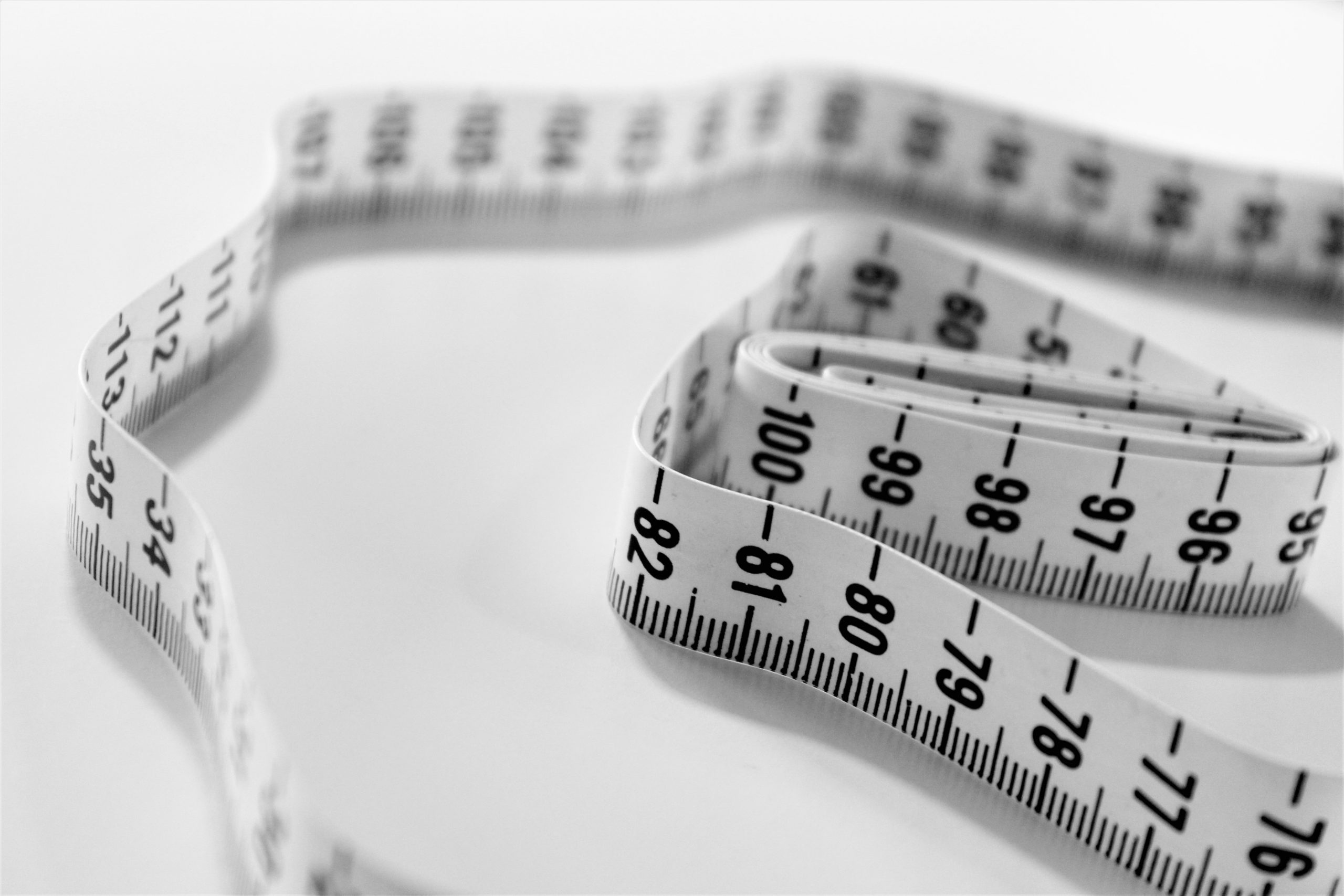Physical needs for water depend on several factors: temperature, level of activity, functional losses, metabolism and age. By increasing outside temperature, the body loses water to maintain body temperature and then requires a higher water intake.
How much water should I drink every day?
Physical work or strong physical activity increases the physical needs of the body. Every process of the disease affects the normal function of the body and affects the physical needs of the water.
For example, gastrointestinal problems such as long diarrhoea cause the loss of large amounts of water. In these cases, the compensation of lost water is of great importance for the prevention of dehydration.
Age also plays an important role in determining physical needs for water. For example, the baby should take 1500 ml of water per day, while adults should have an intake of between 2 and 3 litres a day. It is a general recommendation that adults should drink eight glasses of water per day.
The second approach to calculating the daily amount of water is based on calorie intake, and the rule says that for every 1000 ml of water it takes about 1000 kcal.
What problems can be caused by insufficient water intake?
Increase in body weight, because the water is retained in the body, in order for the body to maintain important functions, and therefore more difficult to wet.
Loss of energy, because dehydration can cause body exhaustion.
A drop in concentration and focus, because the brain is made up of 80% water that is critical to brain functions.
An increased risk of stroke has been demonstrated in the studies that show that lack of water makes it difficult to recover from a stroke and also increases the risk of stroke.
You become lazy, and this has been proven by two American studies that included inborn tests in subjects that were mildly dehydrated, which affected the onset of headache and nervousness.
Feeling hungry due to dehydration can make you feel like the stomach is empty, and you’re really just thirsty.
Amusing metabolism, because of the reduction in the amount of water in the body, the food is much more slowly digested.
The appearance of wrinkles, because without water the production of collagen decreases, causing the formation of lines and wrinkles that over time become more noticeable.
The effect of exercise is reduced by the fact that without enough water, carbohydrates become more difficult to convert into energy.
The difficulty of the kidneys’ work, which is logical because the water is essential for diluting the blood and without enough water, the kidneys heavily filter the blood.
The difficult work of the heart, without sufficient water intake, complicates the work of the heart due to the fact that the heart must be stronger for pumping blood to the organs as well as to the brain.

 Health4 years ago
Health4 years ago
 Health5 years ago
Health5 years ago
 Health5 years ago
Health5 years ago
 Health4 years ago
Health4 years ago
 Health5 years ago
Health5 years ago
 Food4 years ago
Food4 years ago
 Health3 years ago
Health3 years ago
 Entertainment5 years ago
Entertainment5 years ago